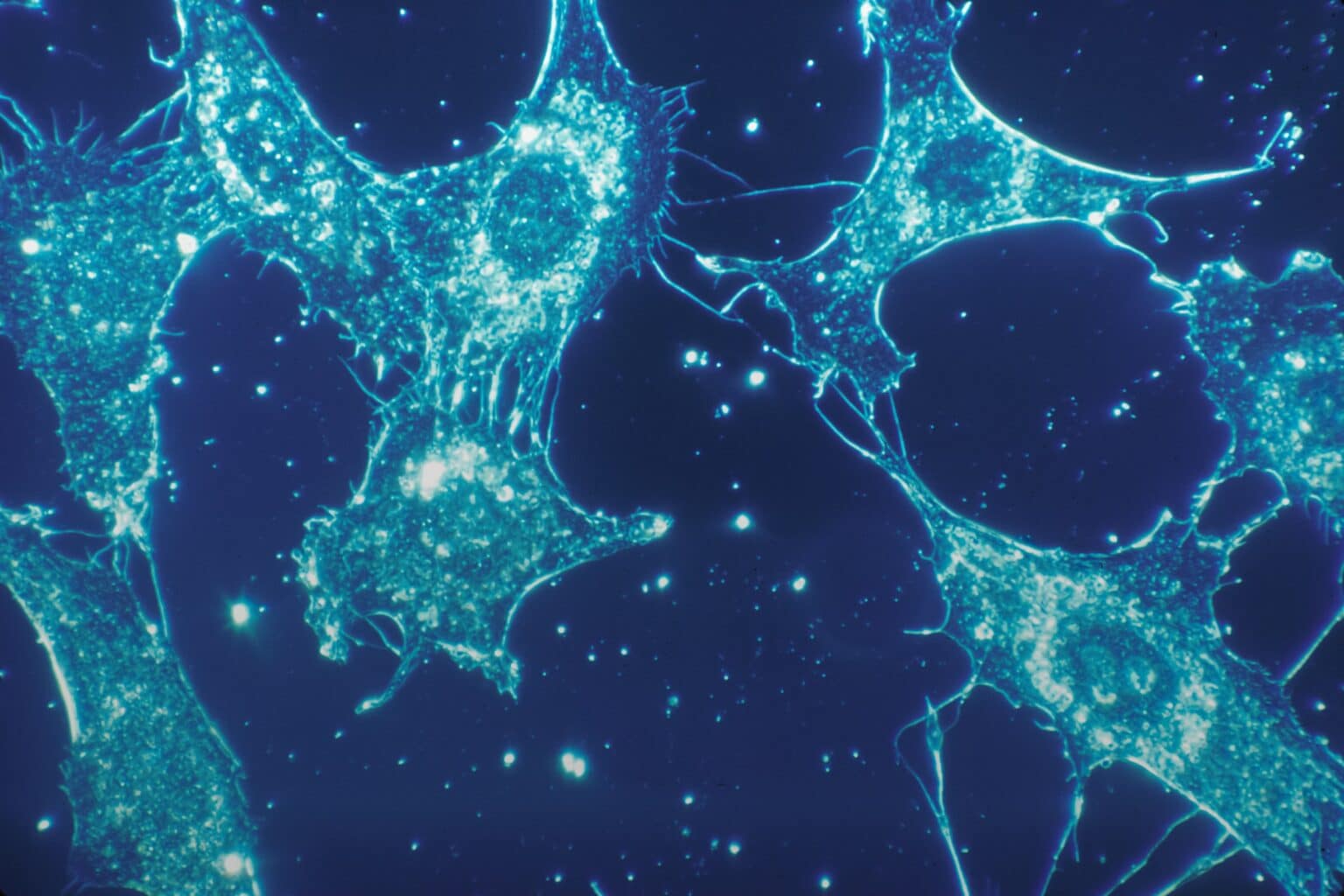Our first-in-class decision support platform will provide actionable clinical insights and quantifiable biological data about the patient’s inflammatory profile, revolutionising the way chronic respiratory disorders are monitored and treated.


Nasal fluid represents a source of abundant information that can be leveraged to develop new tests and therapies for respiratory disorders.
To analyse it, our technology combines state of the art materials, proteomics and machine learning to generate objective biological information.
This information can be used:
Our platform can be used for differential diagnosis, treatment monitoring and to assess disease progression.
This novel approach provides an additional layer of objective and specific biological data that is otherwise not captured during standard of care procedures such as radiographic imaging and airway function tests.